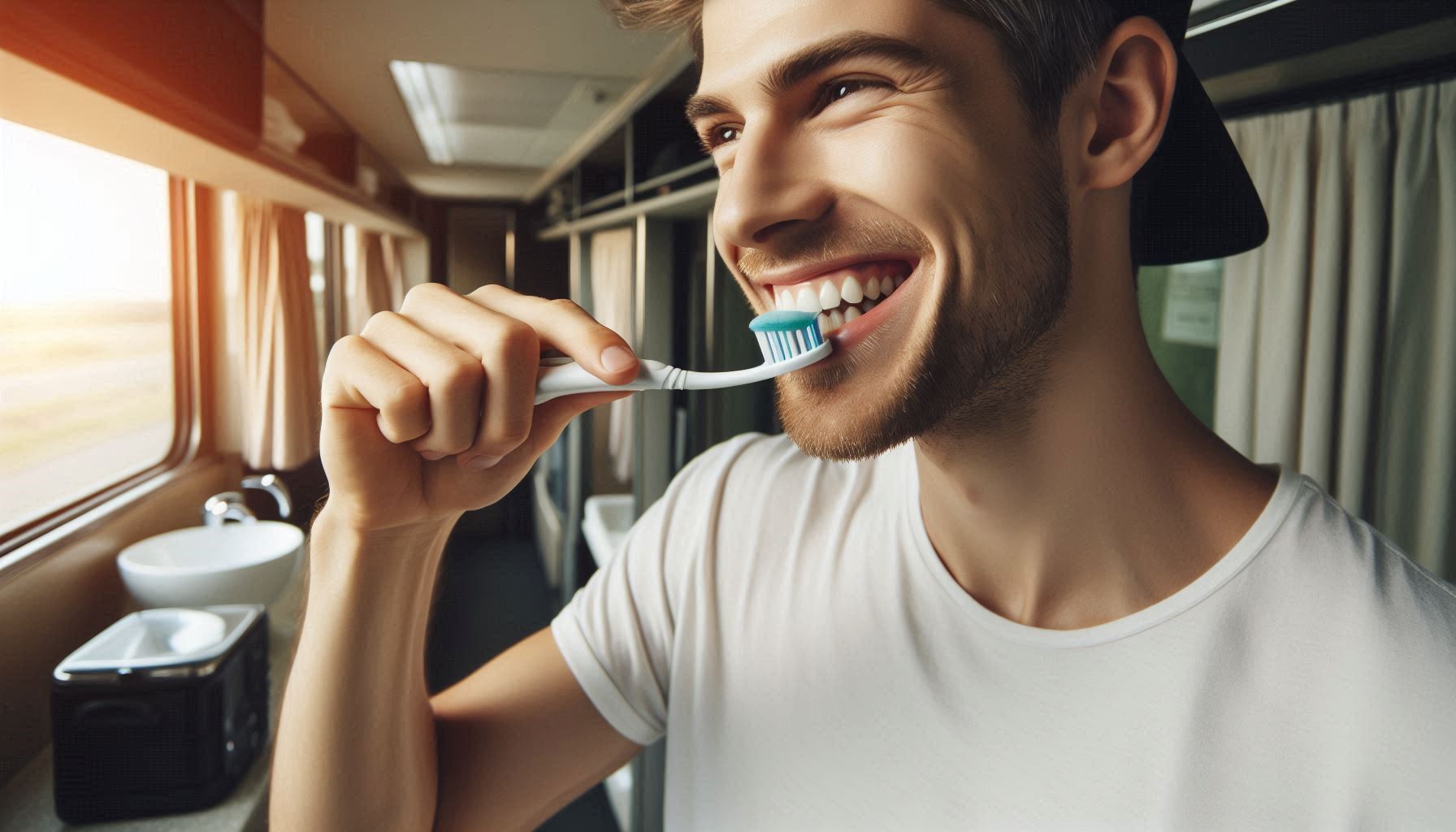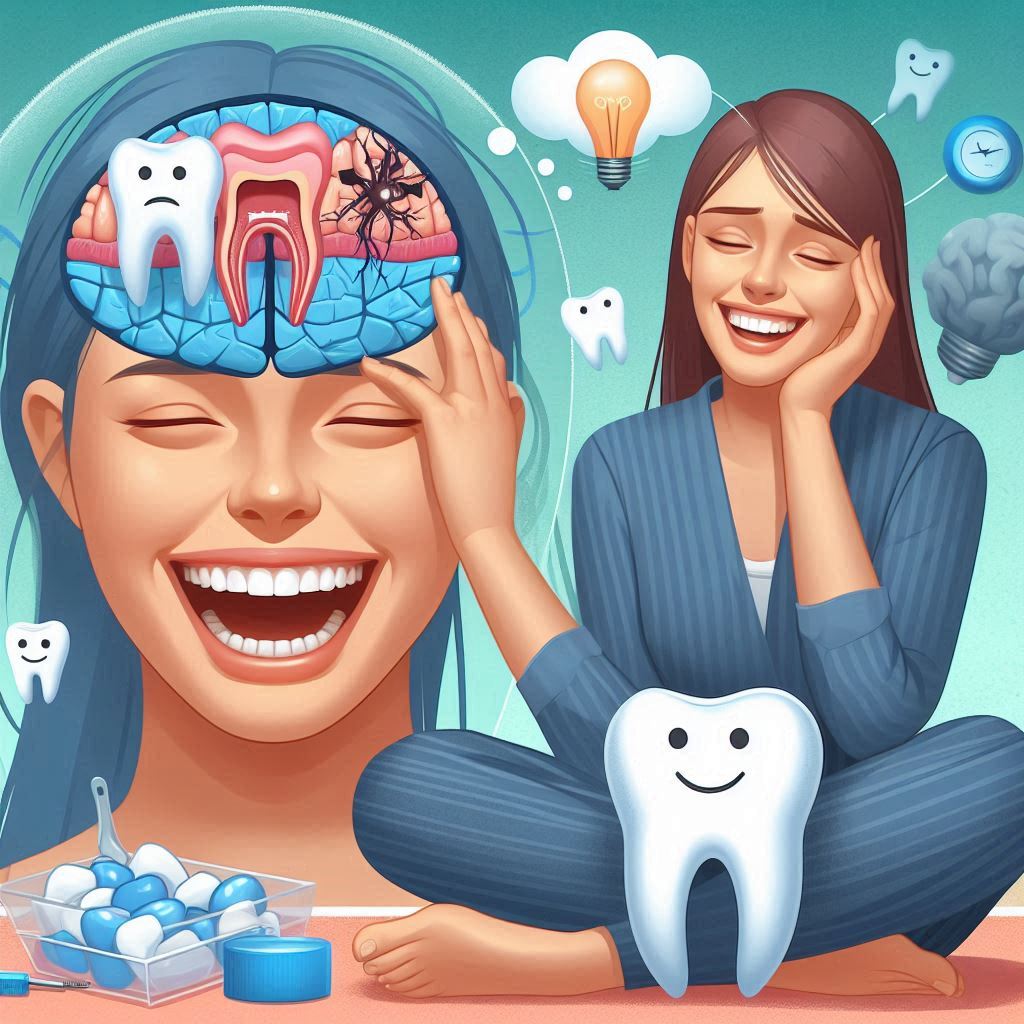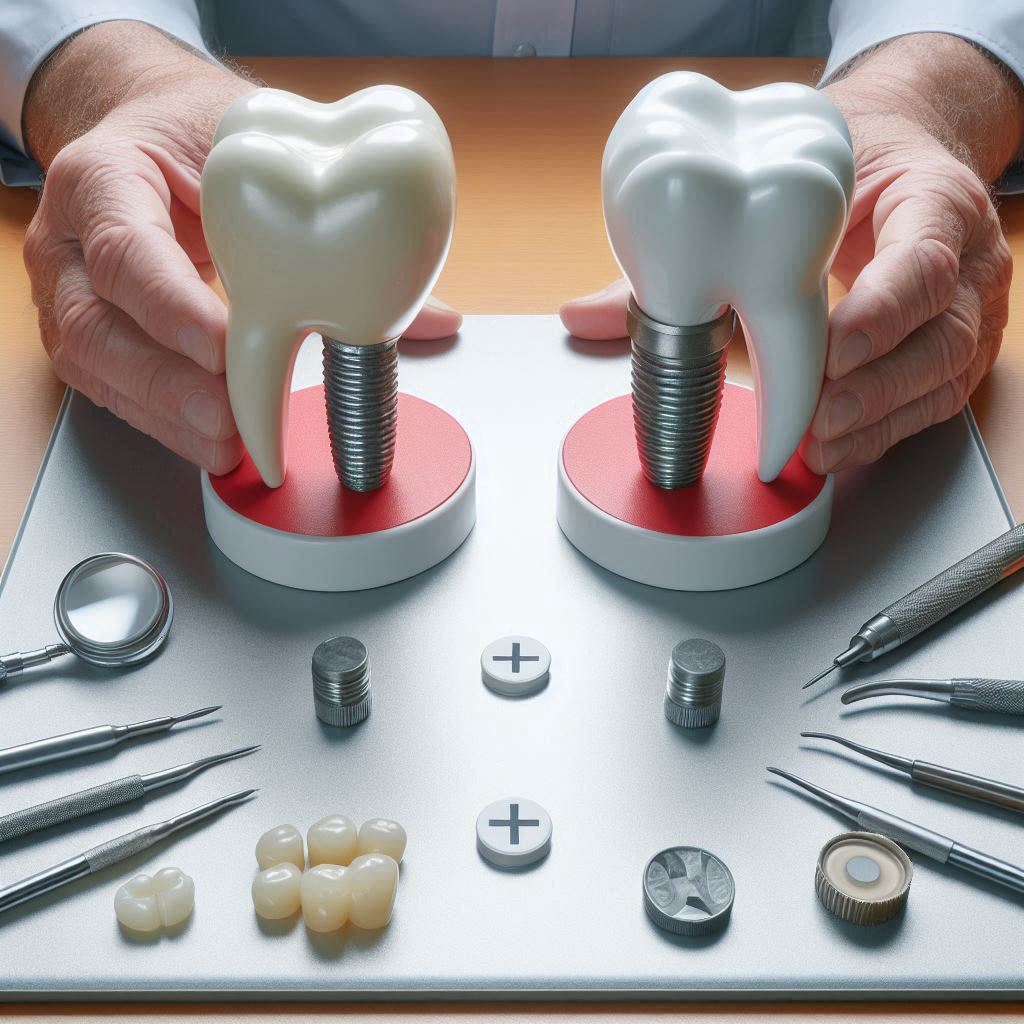Traveling is one of life’s great pleasures, offering the opportunity to explore new cultures, enjoy unique cuisines, and create lasting memories. However, the excitement of being on the road can often disrupt your daily routines, including essential oral hygiene practices. Maintaining good dental care while traveling is vital not only for your smile but also for your overall health. This comprehensive guide offers detailed strategies and tips for keeping your oral hygiene in check, no matter where your adventures take you.
The Importance of Oral Hygiene
Oral hygiene is not just about having a bright smile; it’s about ensuring your overall health. Poor dental care can lead to a host of issues, including gum disease, cavities, and even systemic health problems such as heart disease and diabetes. When traveling, the combination of unfamiliar foods, changes in routine, and sometimes inadequate access to dental care can make maintaining oral hygiene even more challenging. Therefore, it’s crucial to stay proactive in your dental care, regardless of your location.
1. Pack a Comprehensive Travel Dental Kit
One of the first steps in ensuring good oral hygiene while traveling is to prepare a well-stocked travel dental kit. This kit should be compact and easy to carry while containing everything you need for effective dental care.
Essential Items to Include
- Travel-Sized Toothbrush
- Selection: Look for a compact or foldable toothbrush that can easily fit into your luggage. Some brands offer travel-specific models designed for portability.
- Features: Consider one with a protective cap to keep it hygienic while stored.
- Toothpaste
- Options: A small tube of fluoride toothpaste is essential. Alternatively, toothpaste tablets can be a space-saving solution that is also mess-free.
- Travel Restrictions: Remember to check airline regulations regarding liquids; keep your toothpaste under the allowed limit if you’re flying.
- Dental Floss or Interdental Brushes
- Importance: These are vital for cleaning between teeth, an area where toothbrushes often fall short.
- Convenience: Floss picks can be particularly handy as they are easier to use on the go.
- Mouthwash
- Purpose: A travel-sized mouthwash can help to freshen breath and reduce plaque-causing bacteria.
- Alcohol-Free Options: If you prefer a gentler option, look for alcohol-free mouthwash.
- Sugar-Free Gum
- Functionality: Chewing sugar-free gum can stimulate saliva flow, which helps wash away food particles and neutralizes acids in the mouth.
- Variety: Choose gums that contain xylitol, a sugar substitute that can further aid in cavity prevention.
- Portable Toothbrush Sanitizer
- Extra Care: If you’re particularly concerned about hygiene, a portable UV toothbrush sanitizer can eliminate bacteria on your brush.
- Dental First Aid Kit
- Contents: Consider including items like temporary filling material, pain relief medication, and a small mirror for any emergencies.
Organizing Your Kit
To ensure your travel dental kit is easy to access, use a durable, waterproof toiletry bag. This keeps your items organized and protects them from spills. Label compartments if necessary to find things quickly.
2. Maintain Your Routine
While traveling, it can be all too easy to let your oral hygiene slip. However, maintaining a consistent routine is crucial for your dental health.
Establishing a Routine
- Brushing Twice a Day
- Importance: Aim to brush your teeth in the morning and before bed, just as you would at home. This simple act can significantly reduce plaque buildup and prevent cavities.
- Flossing Daily
- Challenge: Finding time to floss while traveling can be tricky, but it’s essential. Make it a habit to floss after meals, especially if you’ve indulged in sticky or sugary foods.
- Timing Your Dental Care
- Scheduled Breaks: When you plan your travel itinerary, include time for brushing and flossing. This will help you stick to your routine.
- Set Reminders: Use your phone or travel app to set reminders for oral care to ensure you don’t forget.
3. Be Mindful of Your Diet
The excitement of exploring new culinary experiences can make it easy to forget about the impact of food on your teeth. Making conscious dietary choices while traveling can go a long way in maintaining your dental health.
Healthy Eating Tips
- Choose Nutritious Snacks
- Smart Choices: Opt for healthy snacks like nuts, fresh fruits, vegetables, and yogurt instead of sugary treats. Foods like apples, carrots, and cheese can be particularly beneficial for dental health.
- Plan Ahead: Pack snacks in your bag for long journeys to avoid resorting to less healthy options.
- Stay Hydrated
- Water Intake: Drinking plenty of water is essential, especially in hot climates or during long flights. Water helps rinse away food particles and bacteria, promoting a cleaner mouth.
- Electrolyte Balance: If you’re sweating a lot, consider replenishing with electrolyte drinks that are low in sugar.
- Limit Sugary and Acidic Foods
- Caution with Treats: While it’s fine to indulge occasionally, try to limit sugary snacks and drinks. Acidic foods can erode enamel, so enjoy them in moderation.
- Rinse After Eating: If you consume something sugary or acidic, rinse your mouth with water afterward to help neutralize the acids.
4. Prepare for Dental Emergencies
Being prepared for unexpected dental issues can save you time and stress while traveling. Here’s how to plan for the unexpected:
Research Local Dental Services
- Identify Local Clinics
- Pre-Travel Research: Before you leave, research dental clinics or emergency dental services at your destination. Make a list of nearby options in case of emergencies.
- Emergency Contacts
- Keep Information Handy: Save important contact numbers in your phone and write them down in your travel documents for easy access.
Pack Basic Dental First Aid Supplies
- Temporary Filling Material
- Usage: This can help in case of a lost filling or minor dental emergencies until you can see a dentist.
- Pain Relief Medication
- Types: Over-the-counter pain relief, such as ibuprofen or acetaminophen, can be helpful for managing any discomfort.
- Dental Mirror
- Utility: A small dental mirror can help you check for any issues in hard-to-see areas.
5. Utilize Portable Dental Tools
In addition to your travel dental kit, consider incorporating portable dental tools that enhance your oral hygiene routine.
Recommended Tools
- Compact Electric Toothbrushes
- Advantage: Many brands now offer travel-sized electric toothbrushes that are lightweight and rechargeable. These can provide a superior clean compared to manual brushes.
- Floss Picks and Interdental Brushes
- Convenience: These tools are easy to use and effective for cleaning between teeth. They can be especially useful when you’re on the go.
- Tongue Scrapers
- Benefit: A tongue scraper can significantly reduce bad breath and improve your overall oral hygiene by removing bacteria from your tongue.
- Portable Water Flossers
- Alternative Cleaning: If you prefer a more thorough cleaning, consider a portable water flosser. These devices can be effective for removing food particles between teeth, especially after meals.
6. Take Advantage of Hotel Amenities
Many hotels offer amenities that can help you maintain your dental hygiene. Here’s how to make the most of these services:
Hotel Resources
- Complimentary Dental Items
- Ask at the Front Desk: If you forget your toothbrush or toothpaste, many hotels will provide complimentary items. Don’t hesitate to inquire.
- Using Fitness Facilities
- Freshen Up: If your hotel has a fitness center, consider utilizing it for freshening up after a long day. This can be a convenient time to brush your teeth and freshen your breath.
- Dining Options
- Healthy Choices: If you dine at your hotel, look for healthier menu options. Many hotels now offer healthier fare, which can help you maintain a balanced diet.
7. Practice Good Timing
Strategically timing your oral hygiene can help ensure you stay on top of your dental care while traveling.
Optimal Timing Strategies
- Brushing After Meals
- Post-Meal Care: Aim to brush your teeth after meals, especially after consuming sugary or acidic foods. If you can’t brush immediately, rinse your mouth with water until you can.
- Plan Rest Stops
- Road Trips: On long road trips, plan for rest stops where you can freshen up and take care of your teeth.
- Utilize Travel Downtime
- In Transit: Use travel downtime—like waiting at an airport or during a layover—to brush your teeth or freshen up. Having your dental kit handy will make this easier.
8. Consider Your Accommodations
Your choice of accommodations can significantly impact your ability to maintain good oral hygiene.
Tips for Vacation Rentals and Hostels
- Research Amenities
- Check for Supplies: If you’re staying in a vacation rental or hostel, check what dental supplies are available. Some may provide basic items, but it’s best to bring your own.
- Stock Up Upon Arrival
- Local Grocery Stores: Upon arrival, locate a nearby grocery store or pharmacy to pick up any essential dental items you might need during your stay.
- Keep Essentials Accessible
- Easy Access: Store your dental care kit in a place that is easy to access. This will help remind you to use it regularly.
9. Research Local Water Safety
In many parts of the world, tap water may not be safe to drink, which can also affect your oral hygiene routine.
Water Safety Tips
- Use Bottled Water
- Rinsing and Brushing: If you’re in an area with questionable water quality, always use bottled water for rinsing your mouth and brushing your teeth.
- Avoid Ice
- Caution with Drinks: If you’re unsure about the water quality, it’s best to avoid ice in beverages, as it may be made from tap water.
- Check Local Guidelines
- Research Water Quality: Before traveling, check the local guidelines regarding water safety. Websites and travel forums often provide valuable information.
10. Schedule a Dental Check-Up Before Traveling
Before embarking on your travels, it’s advisable to schedule a dental check-up.
Benefits of a Pre-Travel Check-Up
- Identify Potential Issues
- Preventive Care: A dental check-up allows your dentist to identify and address any potential issues before you travel, helping to avoid problems while you’re away.
- Professional Advice
- Tailored Recommendations: Your dentist can provide personalized tips based on your travel plans, dietary habits, and specific dental needs.
- Emergency Plan
Discuss Emergencies: Use this opportunity to discuss what to do in case of dental emergencies while you’re traveling. Your dentist may provide specific advice based on your destination.
Conclusion
Traveling doesn’t have to mean neglecting your oral hygiene. By being proactive and preparing adequately, you can maintain a healthy smile and enjoy your adventures to the fullest. Good dental care while traveling involves thoughtful planning, mindful eating, and maintaining your routine.
As you set out to explore new destinations, remember that a little attention to your oral health can go a long way. With the tips and strategies outlined in this guide, you can ensure that your dental care remains a priority, allowing you to focus on creating lasting memories. So, pack your travel dental kit, embrace the journey, and don’t forget to smile—your teeth will thank you!
SOURCES
Weareamdent – Tips for Maintaining Good Oral Hygiene While Traveling
Chestnut Dental – Tips for Maintaining Good Oral Hygiene While Traveling
Altoona Smiles – Tips for Maintaining Oral Hygiene While Traveling
Restoration Smiles – Dental Health On-the-Go: Essential Traveling Tips
Centreville, VA Dentist – Essential Tips for Traveling with Your Oral Health in Mind | Dentist Near Me
HISTORY
Current Version
October 12, 2024
Written By:
SUMMIYAH MAHMOOD




